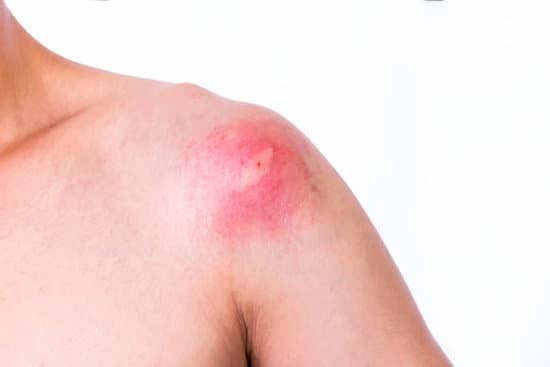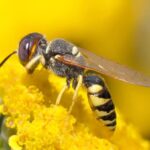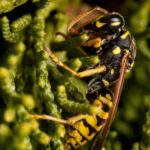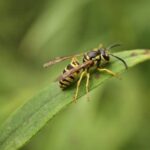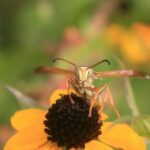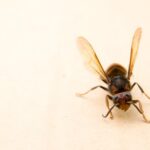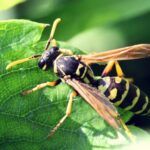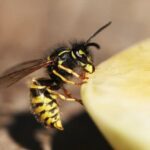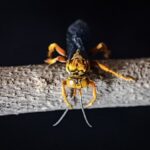Are Wasps and Hornets Beneficial?
Whether you consider wasps and hornets beneficial or harmful depends on your point of view. But these insects have important roles in our ecosystem. They are helpful to our gardens, they help to pollinate flowers and they regulate pest insect populations. And they can also help us develop new medicines.
There are about 33,000 species of wasps around the world. And they all live in different kinds of colonies. Some of them are parasitic, while others are social. Most are solitary. Some of these wereps are omnivorous, while others are vegetarian.
Insects are becoming increasingly endangered throughout the world. This is in part due to habitat loss and climate change. Scientists are asking for help from the public.
Several natural predators, such as bees, birds and spiders, feed on insects. But wasps are also important, because they control the populations of pest insects. They paralyze other insects and bring them back to their nests. Their larvae turn protein from their hosts into a sweet liquid, which is then drunk by the worker wasps.
The venom of wasps is rich in antibiotic properties. It also has cancer-cell killing properties. The venom of social wasps contains a compound called mastoparan. This compound is not practical to use for humans, but it can help control cancer.
The Asian giant hornet, also known as the “murder hornet,” is a highly aggressive species that has been introduced to the West Coast of the United States. It can be quite painful to humans, but it also eats honey bee larvae and pollinates blooming plants.
